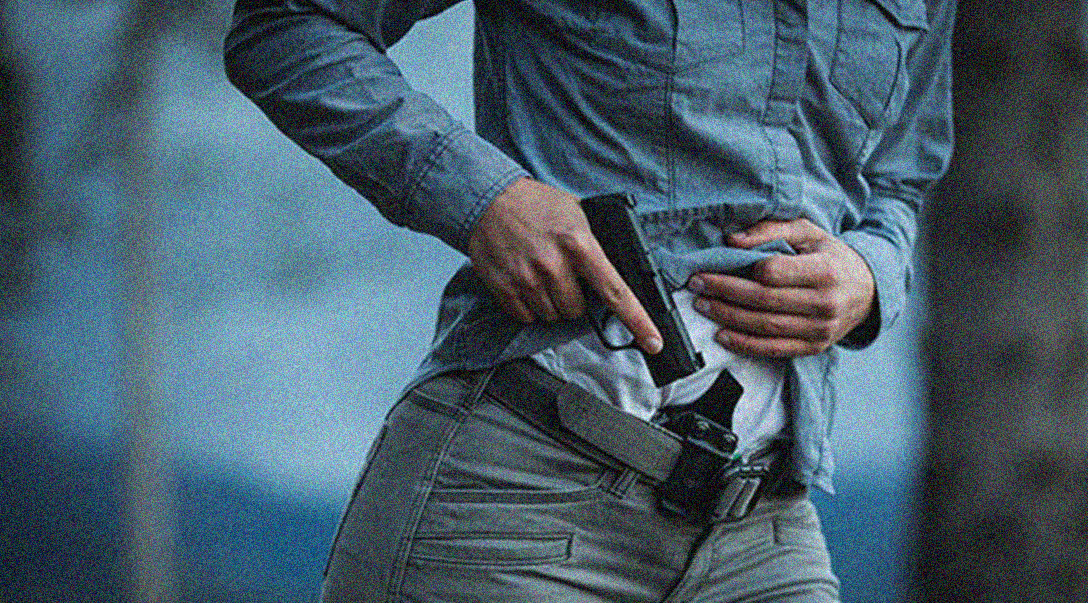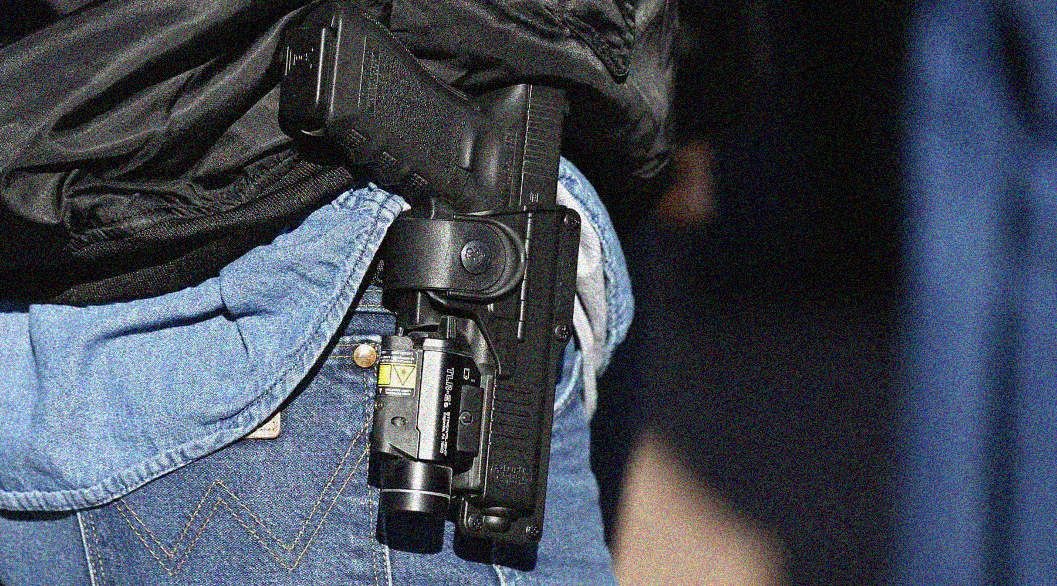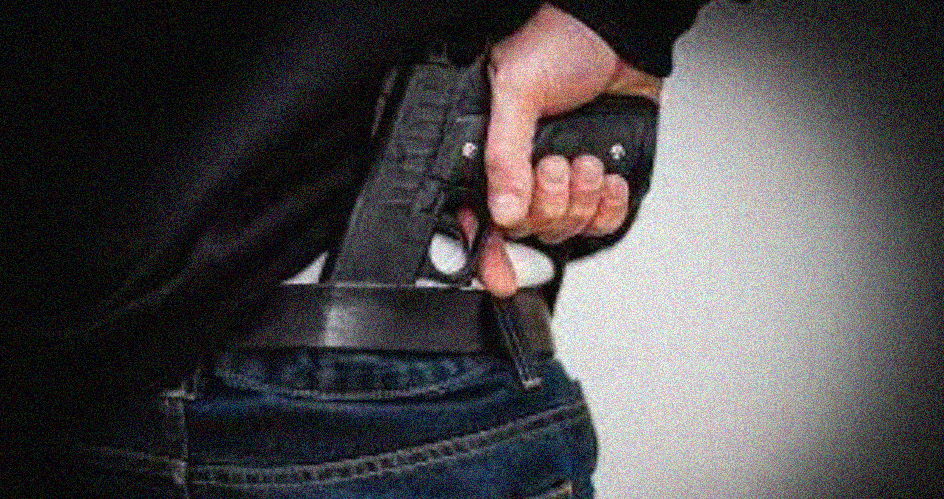Carrying a concealed weapon (CCW) can certainly have its benefits. It provides you with an extra measure of security and peace of mind knowing that you have the means to defend yourself if the need arises. It also gives you a tactical advantage in dangerous situations, as potential assailants will not know that you are armed until it is too late.
However, there are also some potential drawbacks to CCW that should be considered before deciding to carry. Chief among these is the increased responsibility that comes with carrying a firearm. You must be completely diligent in following firearms safety rules at all times, as any lapse in judgment could result in tragedy. You must also be prepared to use your weapon if the situation warrants it, as simply having a gun will not always be enough to deter an attacker.
Some people also worry about the legal implications of carrying a concealed weapon. While it is true that there are some restrictions on where and how you can carry, these vary from state to state. In general, as long as you are carrying your weapon by the law, you should not have any problems. However, it is always a good idea to consult with an attorney before carrying a concealed weapon to ensure that you comply with all applicable laws.
Ultimately, whether or not to carry a concealed weapon is a personal decision that each individual must make for themselves. There are pros and cons to both carrying and not carrying, and only you can decide what is best for you. If you do choose to carry, just be sure that you are always aware of the responsibility that comes with it.
We also recommend that you watch this video
CNW, or carrying a concealed weapon, is often a controversial topic. Some people feel that it is their right to protect themselves at all times, while others believe that it does more harm than good. There are many factors to consider when deciding to carry a concealed weapon, and ultimately the decision rests with the individual.
There are pros and cons to carrying a concealed weapon. One of the biggest potential advantages is that it could help you protect yourself or others in a dangerous situation. If you find yourself in a place where there is active violence, having a firearm can potentially allow you to diffuse the situation or protect yourself and others from harm. Of course, this scenario is not always possible or likely, but it is something to consider.
Another potential advantage to carrying a concealed weapon is that it may deter criminals from targeting you. If a criminal believes that you are armed, they may be less likely to attempt to rob or assault you. This is not always the case, but it is something to keep in mind.
There are also some potential disadvantages to carrying a concealed weapon. One of the biggest dangers is that you could accidentally injure yourself or someone else if you are not careful. It is important to be aware of your surroundings and make sure that your weapon is not accessible to anyone who should not have access to it. Additionally, if you do find yourself in a dangerous situation, there is always the potential that the weapon could be used against you.
Another potential disadvantage of carrying a concealed weapon is the legal implications. Depending on your state laws, there may be restrictions on where you can carry your weapon and how you can use it. It is important to familiarize yourself with the laws in your state before carrying a concealed weapon.
Carrying a concealed weapon is a personal decision that should not be taken lightly. There are potential risks and benefits to consider before making the decision. Ultimately, it is up to the individual to decide whether or not carrying a concealed weapon is right for them.
There is no one-size-fits-all answer to this question, as the decision of whether or not to obtain a CCW (Carrying a Concealed Weapon) permit depends on each individual’s unique circumstances and needs. However, some general considerations can help guide your decision.
Statistically speaking, it is generally safe to assume that the presence of a firearm will increase the risk of violence. Therefore, if you are looking to obtain a CCW primarily for self-defense, you should first consider whether there are other personal safety measures you can take that would be less likely to lead to harm – such as avoiding dangerous situations or carrying pepper spray.
Of course, even the most cautious individual can still find themselves in a dangerous situation. In these cases, having a firearm can make all the difference. If you do decide to obtain a CCW, be sure to undergo proper training so that you are confident and comfortable using your weapon if the need ever arises.
There is no one-size-fits-all answer to this question, as the value of carrying a concealed weapon (CCW) will vary from person to person. Some people may feel that CCW is not worth the hassle or expense, while others may find it to be an invaluable tool for self-protection.
Ultimately, the decision of whether or not to carry a concealed weapon is a personal one that each individual must make based on their circumstances and needs. If you are concerned about your safety and believe that carrying a gun would give you peace of mind, then CCW may be worth it for you. On the other hand, if you live in a low-crime area and don’t feel comfortable carrying a gun, then CCW may not be right for you.
There are many factors to consider when deciding to carry a concealed weapon. Some things to think about include:
- The laws in your state regarding CCW.
- The cost of obtaining a CCW permit, if required.
- The type of gun you would feel comfortable carrying.
- Whether or not you are willing to undergo firearms training.
- How often you would carry your gun?
If you decide that CCW is right for you, there are a few things to keep in mind to ensure that you are doing it safely and legally.
- First, make sure that you are familiar with the laws in your state regarding CCW.
- Second, take the time to receive proper firearms training so that you know how to safely and effectively use your gun.
- Finally, always practice safe gun handling and storage procedures to minimize the risk of accidents or misuse.
By following these steps, you can make sure that carrying a concealed weapon is the right choice for you and that you are doing so safely and responsibly.
There is no simple answer to the question of whether carrying a concealed weapon (CCW) is worth it. It depends upon several factors, including one’s perceived needs and risk level, as well as state and local laws.
Some people feel they need to carry a weapon for self-defense, while others believe that carrying a weapon creates more risks than it protects against. The decision of whether or not to carry a CCW is a personal one that should be made after careful consideration.
State and local laws also play a role in the CCW equation. Some states have very permissive laws regarding concealed carry, while others are much more restrictive. It’s important to know the laws in your state before deciding to carry a concealed weapon.
The bottom line is that there is no easy answer when it comes to deciding whether or not to carry a concealed weapon. It’s a personal decision that should take into account a number of factors, including one’s perceived needs and risk level, as well as state and local laws.
Please login or Register to submit your answer




